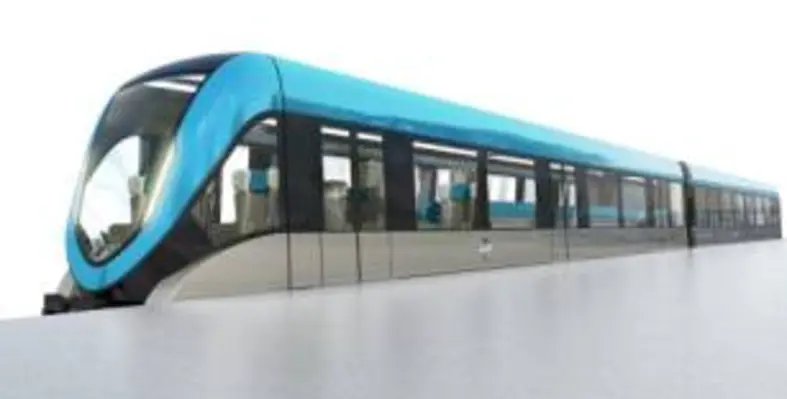Work on the 178km-long Riyadh metro has commenced with project officials estimating that the rail network should be completed by 2018
Digging began at five junctions in Riyadh including for the metro stations at King Khaled International Airport, Al-Olaya Station, its control centre and a railway maintenance station. Khaled bin Bandar, governor of Riyadh, said a high-level committee has been set up to ensure problem-free implementation of the project.
According to reports, the metro system forms part of the Riyadh Public Transport Project (RPTP) and will be owned and operated by Arriyadh Development Authority (ADA).
The project is divided in five phases or lines - Line 1 (Blue Line) will run from Olaya Street to Al Hayer Road, is 44km long and will cover 39 stations. Line 2 (Green Line) will run from King Abdullah Road to King Fahad Stadium, is 22km long and has 14 stations. Line 3 (Red Line) will begin at Madina Al Munawra and end at Rahman Al Awal Road, making it the longest line of the metro spanning 45km.
Line 4 (Orange Line) connects King Khaled International Airport to the new King Abdullah Financial District (KAFD) and Line 5 (Yellow Line) will start from the King Abdul Aziz Road. It will be 26km long and have 26 stations. Finally, Line 6 will connect Abdul Rahman bin Ouf Street to the Shaikh Hassan bin Hussain bin Ali Street, with nine stations and running for 30km.
Railway officials added that the Al-Olaya Station, covering an area of 28,000 square metres, will feature shopping centres, service facilities and car parking areas. It has been designed to serve 400,000 passengers daily.
The airport station will be located at the fifth terminal, which is under construction. Three stations in the metro would link the airport with King Abdullah Financial District (KAFD).
The ADA had earlier announced winning bidders for three design-and-build contracts to construct the six-line automated metro. According to FCC, the Spanish consortium that is building lines four, five and six, the construction of the network will require 600,000 tonnes of steel, 4.3mn cubic metres of concrete, and employ more than 30,000 people.
READ MORE...
WS Atkins wins Saudi Arabia metro contract







